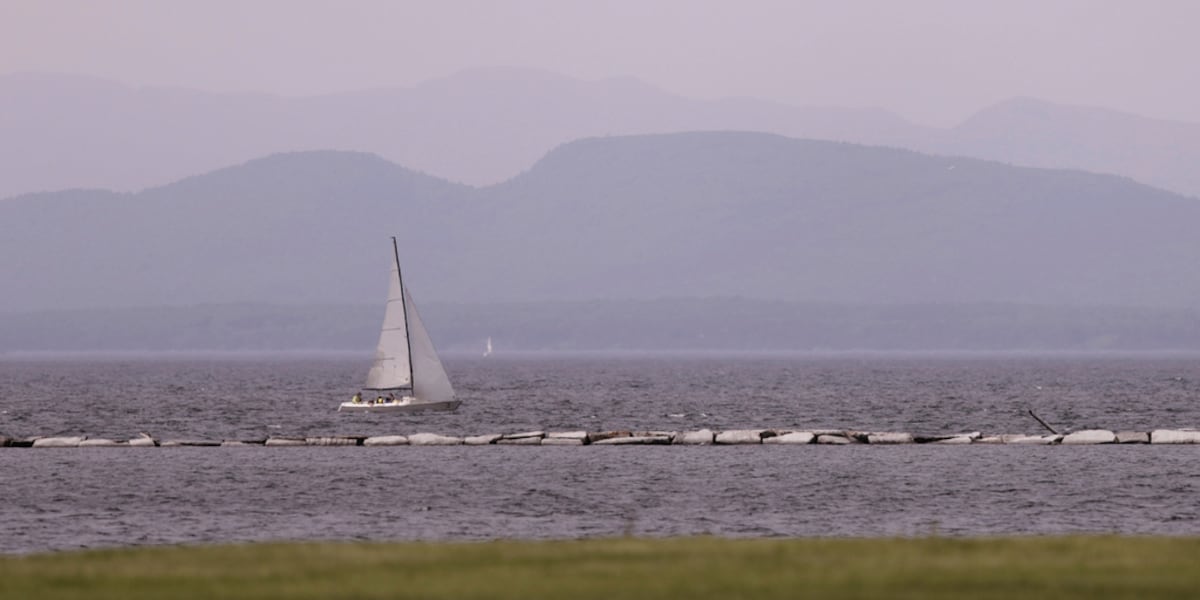BURLINGTON, Vt. (WCAX) – The heavy haze of wildfire smoke coating the Green Mountains is raising questions.
We’ve warned you about the dangers of spending too much time in the smoke, especially for children, seniors, and people with respiratory issues.
Now, viewers are wondering how wildfire smoke pollution compares to pollution from things like cars and heating with wood or oil.
Steve from Burlington emailed us asking, “Doesn’t this smoke negate all the required mandates in the Vermont clean energy laws enacted to reduce pollution?”
The big question Steve is asking here is whether the wildfire smoke we’re seeing violates Vermont’s carbon mandates.
As our weather team puts it, Vermont’s laws crack down on emissions from things like transportation and heating, not emissions from disasters like wildfires.
That means Canada’s wildfire smoke doesn’t oppose Vermont’s emission laws.
It would be incredibly difficult to prosecute Canada for this kind of air pollution.
Instead, the state climate action office director explains that our laws are designed to consider and prepare Vermonters for the ripple effects of climate change, like wildfires fueled by dry conditions.
“Our climate laws look at how we regulate that climate pollution from burning fossil fuels, but they also go further to think about how we build resilience and adapt to these increasing climate hazards,” said Jane Lazorchak of the Vermont Agency of Natural Resources.
She adds that those climate hazards can pose more risk than the emissions we deal with on a daily basis.
She says emissions from things like transportation and heating have never triggered an air quality alert in Vermont, unlike wildfire smoke.
That’s because wildfire smoke contains particles that cause longer-term damage to our bodies.
Steve’s question certainly raises more questions about how you regulate air pollution across borders as these kinds of events heat up.
Do you have a question you want us to try to answer for you? Send us a note at GettingAnswers@wcax.com, and we’ll try to get some answers for you, too.
Copyright 2025 WCAX. All rights reserved.
